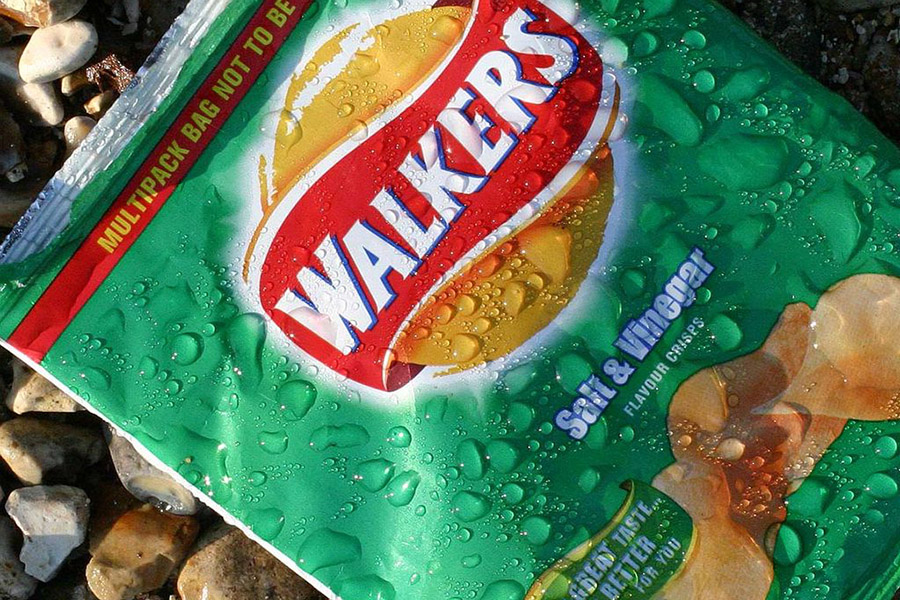
By Dr Roshan Boojihawon, Senior Lecturer in Strategy
Department of Strategy and International Business, University of Birmingham
After its recent decision to make recyclable crisp packets in response to mounting pressure from its consumers, Walkers seems to have become known as the ‘responsible’ crisp manufacturer. Although some see this as a responsible move, I would argue otherwise.
Much more to being a responsible business
As a company that was founded in 1948 – spending nearly the last 70 decades refining the craft of making and selling billions of multi-flavoured crisps – it’s surprising that it had to be woken up to its responsibility to recycle by the public. Calling Walkers ‘responsible’ might be misplaced altogether as, to me, ‘being responsible’ can hardly be justified by a single ‘good’ act when there is a lot more to it.
The question is: do we see ‘being responsible’ as a single act of good behaviour, or do we perceive it be embraced in everything that the company does? The answer to this question is not very clear, as we see companies acting and taking action somewhere in between these two stances. With increased global pressure holding companies accountable for their environmental impact, Walkers may now feel the need to tout their status as being environmentally responsible, which has also led to greenwashing (the appearance to limit ecological impact without doing so).
We see this in ‘all-natural’ food and cleaning products that claim to be environmentally friendly, of products or packaging that wrongly claim to be biodegradable, and so on. Although the laws severely reprimand such practices, companies don’t seem to be deterred from engaging in greenwashing as it is the least costly and risky way to appear ‘good’. However, such behaviours and practices have fed into our mistrust of big organisations. Our expectations of what qualifies as responsible behaviour seem to have evolved more rapidly and disproportionately than companies’ understanding of their responsibility towards society and the environment. Traditionally, for most companies, caring about the environmental/societal impact of their products/services has always been one of the side-lined issues than a core part of their strategic thinking.
It’s hard to be responsible
To illustrate, Walkers’ recycling strategy for its plastic packets is a textbook CSR response. The company shows that it listens to its customers and has effectively conjured up an initiative to show that it acknowledges the environmental damage of its hard-wearing crisp packets and how it is going to tackle it. This seems to be a fair response and has satisfied the lobbyists campaigning against plastic, but there are those who also believe that this is just the starting point of what the company can do. They argue that Walkers always knew about the damaging effects of its plastic packets, and either chose to ignore it or only came up with the response when it was threatened.
It’s good to be environmentally responsible, but it’s not always easy! The fact that Walkers has announced that it cannot introduce recyclable packets until 2020 is indicative that doing so takes time and effort. Changing the way crisps are made or packaged, abandoning established practices in favour of more eco-friendly alternatives, or adopting new technologies can involve high costs and risks, but it is the only way forward.
I am optimistic that it is possible for companies like Walkers to do even better, but it can only happen if ‘being responsible’ is embraced as part of its strategy. In effect, it will take a combination of committed leadership, clarity of purpose, and prioritised strategic actions to become genuinely responsible companies that are fit for our modern, environmentally-fragile times.
